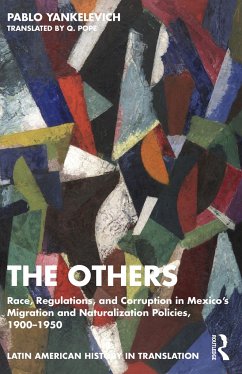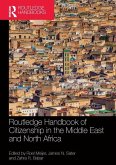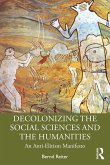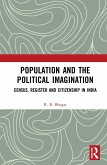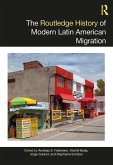The Others reconstructs the history of migration and naturalization of foreigners in Mexico during the first half of the twentieth century.
Despite never receiving large influxes of foreigners, paradoxically Mexico has applied particularly tight controls on migration and naturalization. Why did it choose to limit the arrival of foreigners when their numbers were so low as a proportion of the total population? In a nation riven by ethnic prejudices and with post-revolutionary governments swift to criticize racial discrimination, what can explain the strong racialization of naturalization and migration policies? First published in Spanish, this award-winning book sheds light on the origins of many migration-related problems still plaguing the Mexican government: irregular migration to the United States, the lack of any genuine control over the arrival and residence of foreigners in Mexico, immigration and naturalization red tape, the authorities' corruption and arbitrarydecisions, racism, and discrimination in its migration policy. These are all issues overlooked by historical research in Mexico and explored in depth for the first time here.
This book will be invaluable to students and scholars of Mexican history, borderland studies, and those interested in the relationship between the United States and Latin America.
Despite never receiving large influxes of foreigners, paradoxically Mexico has applied particularly tight controls on migration and naturalization. Why did it choose to limit the arrival of foreigners when their numbers were so low as a proportion of the total population? In a nation riven by ethnic prejudices and with post-revolutionary governments swift to criticize racial discrimination, what can explain the strong racialization of naturalization and migration policies? First published in Spanish, this award-winning book sheds light on the origins of many migration-related problems still plaguing the Mexican government: irregular migration to the United States, the lack of any genuine control over the arrival and residence of foreigners in Mexico, immigration and naturalization red tape, the authorities' corruption and arbitrarydecisions, racism, and discrimination in its migration policy. These are all issues overlooked by historical research in Mexico and explored in depth for the first time here.
This book will be invaluable to students and scholars of Mexican history, borderland studies, and those interested in the relationship between the United States and Latin America.

